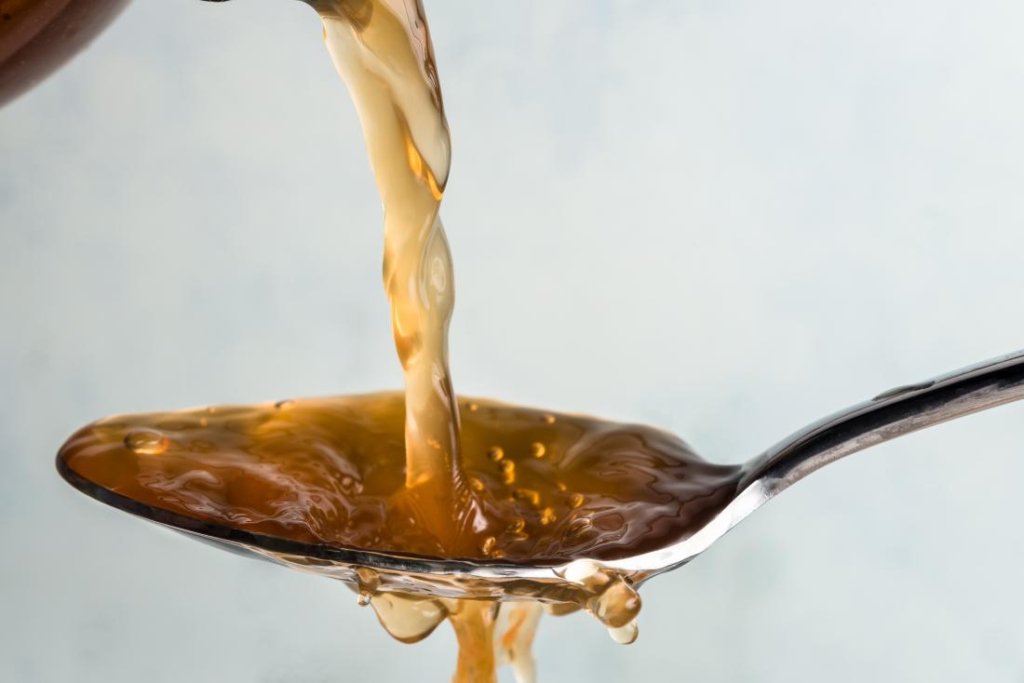Do you have diabetes? Has anyone ever recommended apple cider vinegar? Then this post is the right for you. Give it a read.
Organic, unfiltered, and raw apple cider vinegar is typically the finest option. It may be hazy and contain more helpful microorganisms. The mother of vinegar culture is a hazy cobwebbed chain of acids. It is present in high-quality vinegar and is added to cider or other fluids to initiate the fermentation of vinegar. Because apple cider vinegar is regarded as harmless, it may be worth a try if you have diabetes. Dissolving 1 teaspoon of vinegar in a glass of water to reduce stomach discomfort and tooth damage, and caution consumers looking for a cure-all.
If you’ve been looking for ways to regulate your blood glucose levels, you’ve definitely come across the idea to incorporate apple cider vinegar into your diet. But does this ostensibly natural cure actually work? It turns out that utilizing vinegar to cure health problems like infections and stomachaches has been practiced for ages in societies all across the world. However, it was Japanese research that revealed apple cider vinegar may aid in weight reduction catapulted it into the limelight for those trying to lose weight or better control their diabetes.

WHAT DO STUDIES SAY?
Controlling blood sugar is critical for diabetics, and some study shows apple cider vinegar may assist. Consuming vinegar with complex carbs may lower post-meal blood glucose levels by up to 20%, according to research published in the journal Annals of Nutrition and Metabolism.
Additional research published in the Journal of Functional Foods in July 2013 discovered that taking vinegar twice a day with meals may lower fasting blood glucose levels in people at risk of developing type 2 diabetes. However, according to research published in the journal Molecular Nutrition and Food Research in August 2016, vinegar consumption may be more efficient in managing glucose management in people with normal glucose tolerance than in people with type 2 diabetes.
HOW TO INCORPORATE APPLE CIDER VINEGAR INTO YOUR DIET?
If you want to experiment with apple cider vinegar, be sure you do it safely. “Never drink vinegar by itself. Weisenberger recommends diluting it with eight ounces of water. You may also integrate vinegar into your diet by dressing salads with it, marinating meats with it, or tossing it with your favorite nonstarchy veggies.
The timing of drinking vinegar is also important for seeing an effect on blood glucose levels. “It should be drunk before, during, or after meals,” Weiner advises.

CHOOSE THE RIGHT APPLE CIDER VINEGAR
Apple cider vinegar, which is made by crushing, distilling, and fermenting apples, has a few commonly known health advantages.
Those advantages are mostly due to “the mother,” which is the helpful bacteria that cause the fermentation process.
“First, yeast is added to apple juice to break down the carbohydrates and convert them to alcohol,” Enzymedica says. “The alcohol is then converted into acetic acid by microorganisms.” This bacteria is regarded as the “mother” since it is the catalyst that causes the vinegar to form. The mother is removed from many store-bought apple cider vinegar because it gives the vinegar a hazy look, which might lead some customers to fear the product has gone bad. However, this is not the case. In reality, the mother is the healthiest part.”
When shopping for ACV, search for a product that is raw, unfiltered, and “comes from the mother.” All three of these data should be prominently shown on the packaging of your ACV, whether it is in a glass or plastic container.

SO DOES IT HELP IN DIABETES?
To cut to the chase, apple cider vinegar has been demonstrated to lower blood sugar levels modestly in persons with type 2 and type 1 diabetes, but the results won’t have a significant influence on your A1c from ACV alone.
Instead, the evidence appears to suggest that including ACV into your many other diabetic care routines might assist a little bit. And, as previously said, it has the potential to boost your health in ways unrelated to blood sugar.
Patients with well-controlled type 2 diabetes who did not use insulin drank 2 tablespoons of apple cider vinegar with 1 ounce of cheese every night in this 2007 trial from Arizona.
The research also included a placebo group of type 2 diabetic patients who drank water instead of ACV.
By the end of the research, morning fasting blood sugar levels in the placebo group were 2% lower. Morning fasting blood sugar readings were 4 to 6 percent lower in the ACV group.
The study indicated that ACV can help reduce blood sugar levels in people who follow other diabetes care strategies.
BOTTOM LINE
You probably have a bottle of apple cider vinegar in your pantry. It might be used to make salad dressings or sauces. Some individuals clean or rinse their hair with apple cider vinegar. Perhaps unsurprisingly, apple cider vinegar is also utilized as a health cure (and has been since the time of Hippocrates). It’s used to cure dandruff, soothe sunburns, acne, and sore throats, and keep armpits and feet feeling nice.
Apple cider vinegar has lately made inroads into the diabetic world. There are several claims that this condiment can help reduce blood sugar levels and assist in weight reduction. So this post covers all you need to know to determine if it will benefit you or not.

